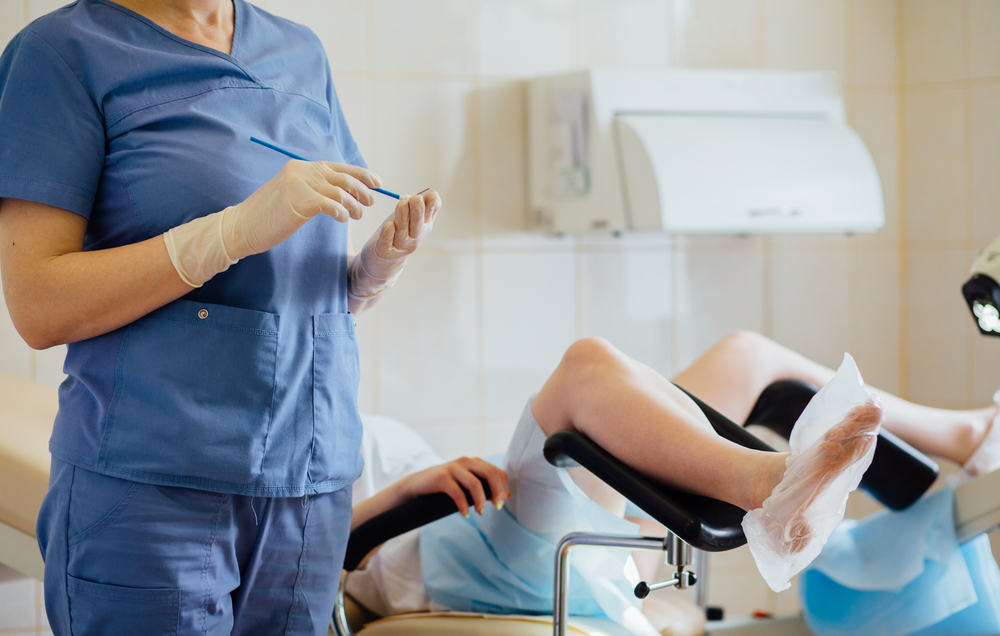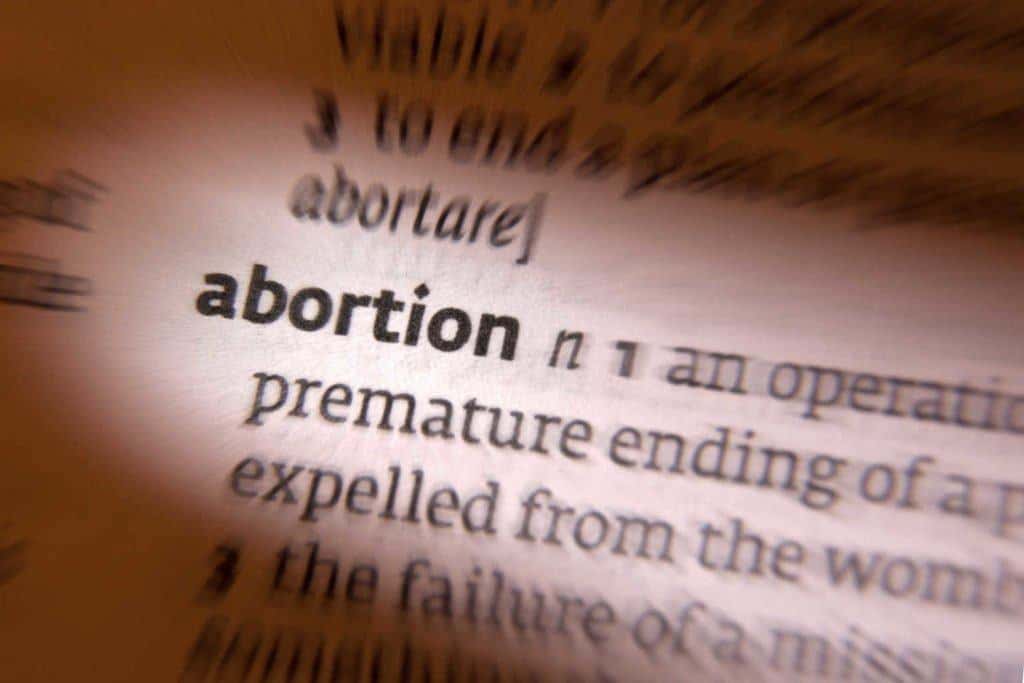Contents:
- Medical Video: Pap and HPV Testing | Nucleus Health
- How accurate are the results of a Pap smear test to detect the risk of cervical cancer?
- It's okay for a Pap smear during menstruation, but ...
- When should I have a pap smear test?
Medical Video: Pap and HPV Testing | Nucleus Health
The Pap smear aims to detect cervical cancer early. During this examination, the doctor will insert a special device into the vagina to examine the inside of your cervix, and take samples of your cervical cells with a small spatula, then take the sample to the laboratory to determine what cell type is there or not.
If you already schedule a Pap smear but then realize that the date is close to the schedule for the arrival of "monthly guests", you might be wondering if a Pap smear during menstruation can change the results of the test. Or, you might be reluctant to leave because of shame the doctor will see your menstrual blood. Should you reschedule your appointment?
How accurate are the results of a Pap smear test to detect the risk of cervical cancer?
There is no medical examination that is truly 100 percent accurate in detecting a health problem. Similarly, the Pap smear. It is still possible for doctors to miss the signs of cervical cancer through a Pap smear, especially the first time.
In most Pap smear cases, abnormal cells found in the cervix are benign and are very unlikely to become cancerous. Generally only about 10% of the Pap smear results show abnormal results, but only about 0.1% of women who have these results actually suffer from cancer.
The rest may display a "false negative" result, where the results of a lab test show that your cervical cell sample is not problematic, even though there are actually abnormal cells in the other cervical area that are not sampled or in the part of the sample that was removed. "False negative" events generally range from 20 to 45 percent of the total Pap smear results.
The accuracy of the results of the Pap smear depends on many things. One of them is when exactly you schedule your Pap smear test. Can you do a Pap smear during menstruation?
It's okay for a Pap smear during menstruation, but ...
Menstruation does not affect or change the final results of the test itself. The theory is that you may have a Pap smear during menstruation. If the blood that comes out is still mild spots, for example in the first days or the last day, the doctor may continue the test. However Pap smears during menstruation are generally not recommended. A Pap smear during menstruation may make it harder for you to get clear test results.
This is because vaginal fluid and menstrual blood carried along with your cervical cell sample can make it difficult for lab staff to interpret the results of a Pap smear. Pap results are only obtained from small samples taken from cervical cells (called biopsies) and transferred to petri glass. The samples are then sent to the laboratory to be colored with special dyes, and then read under a microscope. The color pigments of red blood cells from the menstrual blood that stick to them may be too thick to allow the lab worker to observe your cervical cells clearly and make sure your cells are normal or not.
You may have to come back again next time to repeat the test if your Pap smear results are confused. Besides being troublesome because they have to determine when the right day, rescheduling the Pap smear test is certainly also wasteful of energy and money. It would be better if you match the Pap smear schedule with your menstrual cycle from the start when your first consultation with your doctor, or reschedule after your menstruation is complete.
When should I have a pap smear test?
The American College of Obstetricians and Gynecologists (ACOG) advises women to have their first Pap smear at the age of 21, regardless of whether you have had sex or not. Pap smears are also allowed even if you are over 21 years old. Perform an immediate Pap smear to prevent or reduce the risk of cervical cancer.
You are still advised to routinely do a Pap smear every three years, but usually without HPV testing. While for women over the age of 30, you are advised to do a routine Pap smear accompanied by an HPV test every five years.
Schedule an examination Pap smear at least 5 days after menstruation You are finished or a week before the first day of your next menstruation, for ensure that the results come out as accurately as possible. For example, if your menstruation is exactly within 28 days (1st day is your first day of menstruation and 28th day is H-1 menstruation the following month), the right time for you to undergo a Pap smear test is on the 9th day ( two days after menstruation stops) until day 20.
For those of you who have irregular menstrual cycles, predicting when the Pap smear test might be more difficult. But don't worry. Even if the results are blurred later, you will be asked to return later. It is best before scheduling an appointment, tell your doctor that your menstrual cycle is irregular and try to remember exactly when you last menstruated. It is very rare for a doctor to cancel an appointment just because the patient is menstruating.












